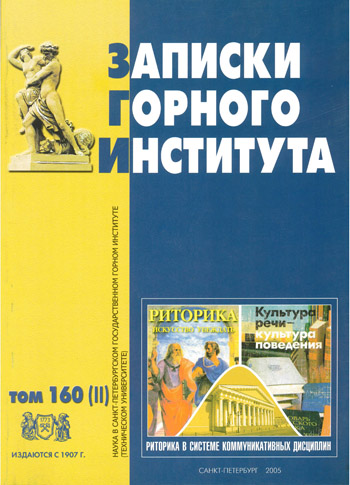Structure and content of the elective interdisciplinary course "Intercultural Rhetoric" for non-philology students
- 1 — Saratov State Technical University
- 2 — Saratov State Technical University
Abstract
The article describes the structure and content of the elective interdisciplinary course "Intercultural Rhetoric" created at Saratov State Technical University. The course is based on the integration of communicative disciplines: rhetoric, speech culture, stylistics, psycholinguistics, general linguistics, sociolinguistics, theory of intercultural communication. Special attention is paid to the acquisition of basic knowledge and formation of skills in the field of rhetoric. Linguistic and national-cultural features of speech behavior are studied on the basis of cross-cultural trainings. Information about linguistic universals and linguistic lacunas is analyzed. As a result of the developed and tested course, a textbook is created.
